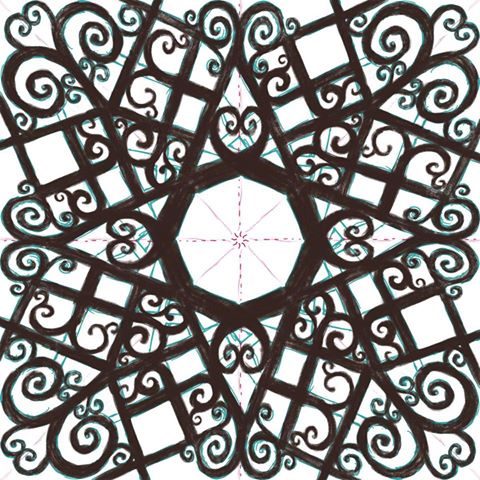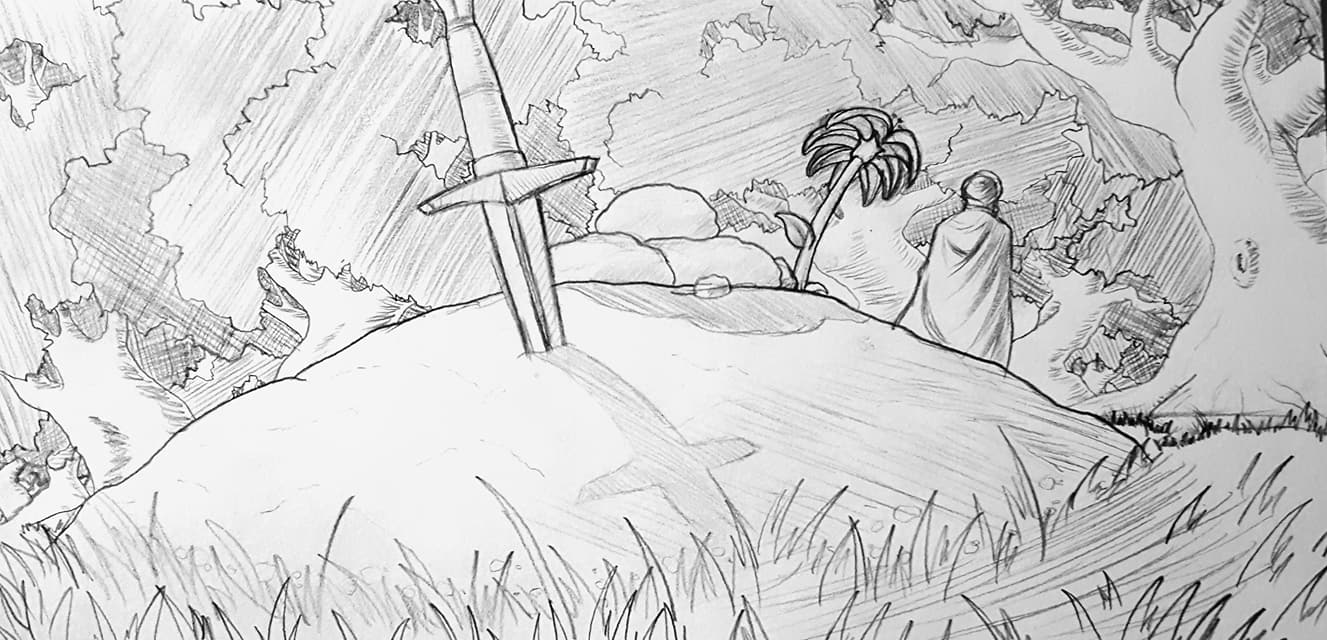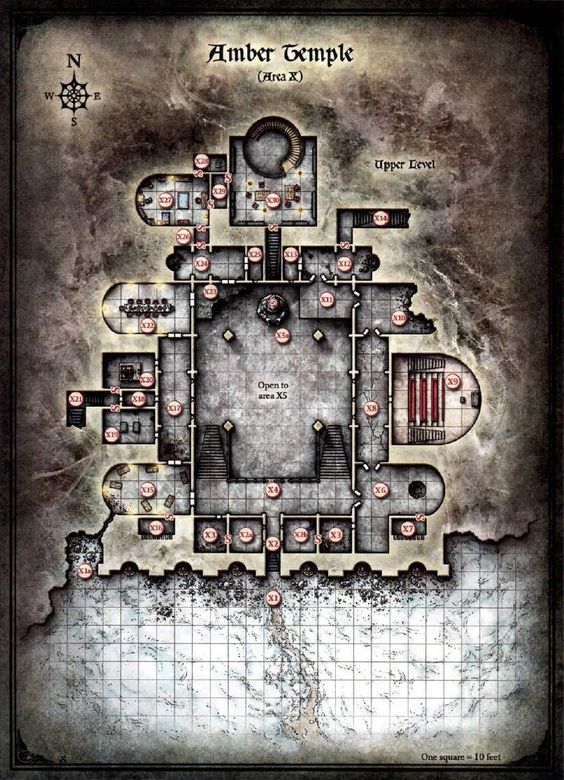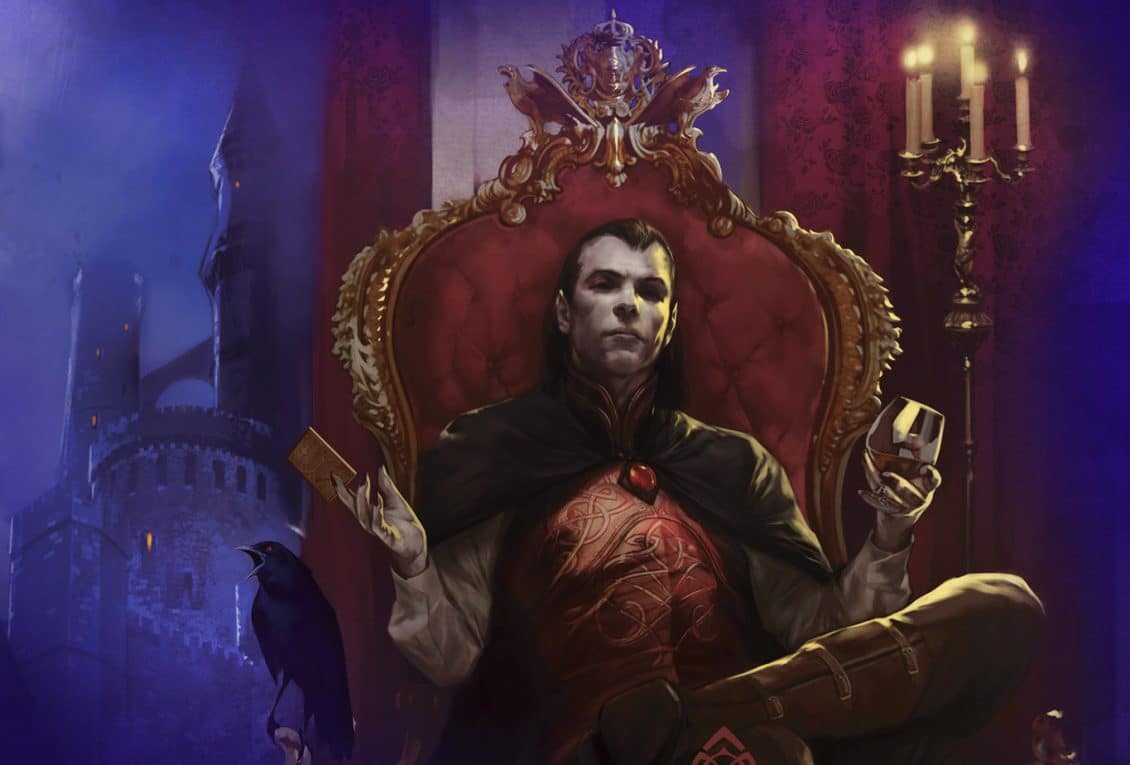A story is the sum of the actions of the characters. The DnD party’s dynamic composition shaped the interactions they had with the world. The flexibility allowed us to have friends drop in and out. Each character had a flaw that was used to pull at them through the story. Some overcame, others fell to corruption.
Cast
The characters fell into three categories;
- Here to save you… (peak)
- Life is amazing and I… (right)
- Yup, still here…(left)
The above character briefs can be clicked to quickly navigate to the expanded description.
Overview
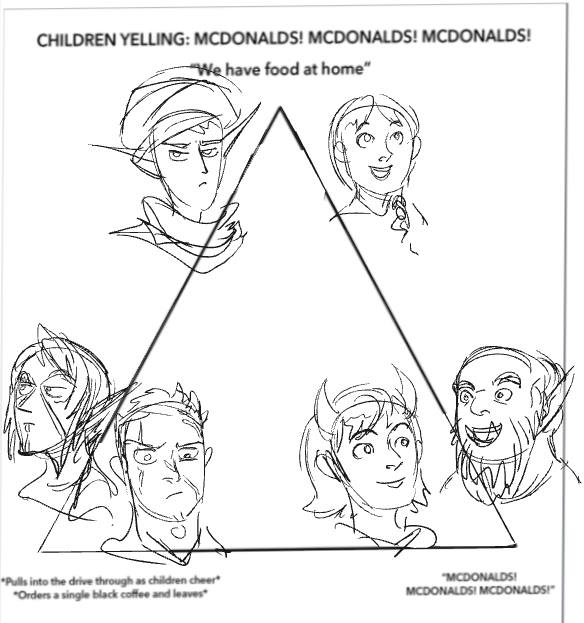
Elf Ranger, Human Cleric, Half Orc Barbarian, Tiefling Druid, Human Sorcerer, Elf Rogue
The whimsical characters, Barbarian and Druid, sought out friendship and delight in each corner of the dark land. When faced down with a hard choice the Barbarian continually made choices for the long term good of the party. Their strong internal compass for right and wrong was unswayed by the trappings of Barovia
The heroic characters, Ranger and Cleric, acted shining stars for morality. One leading to warmer interactions, the other to cold justice.
The dower characters, Sorcerer and Rogue create misadventure at every turn through murder and self first choices.
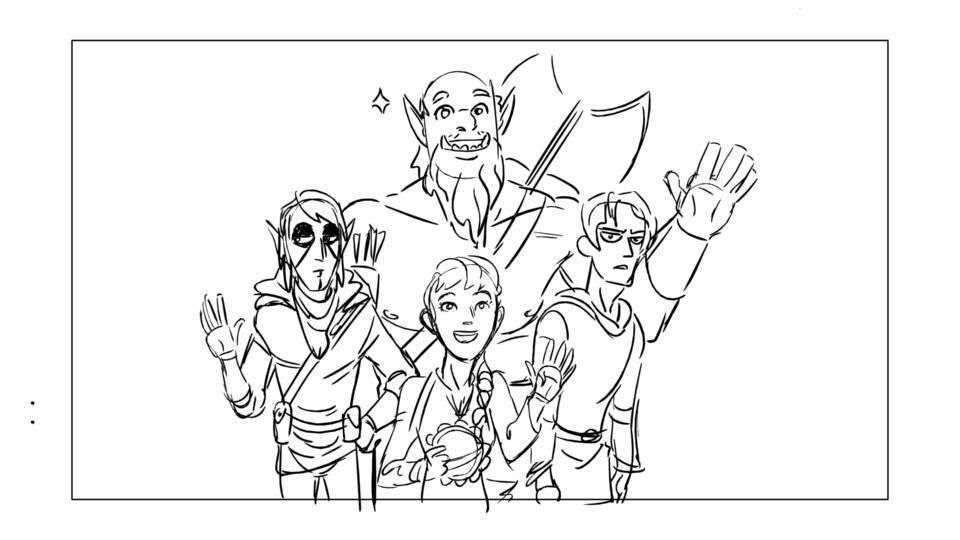
Timeline
In the beginning there was the Barbarian, Paladin and Rogue. An established group of friends ready for adventure. The Sorcerer awakened in death, shortly after they entered Barovia. At the closing of the same act the Paladin fell. The Cleric rolled into town to take their place. After the party had reached Valaki the Ranger joined. A old friend of the Ranger, the Bard popped in for a single dinner, and roc’d out. While the party was out west exploring the wilds the Druid helped fended off an attack and joined, only to depart into the dark. The Paladin returned in the epilogue for a brief moment. In all the
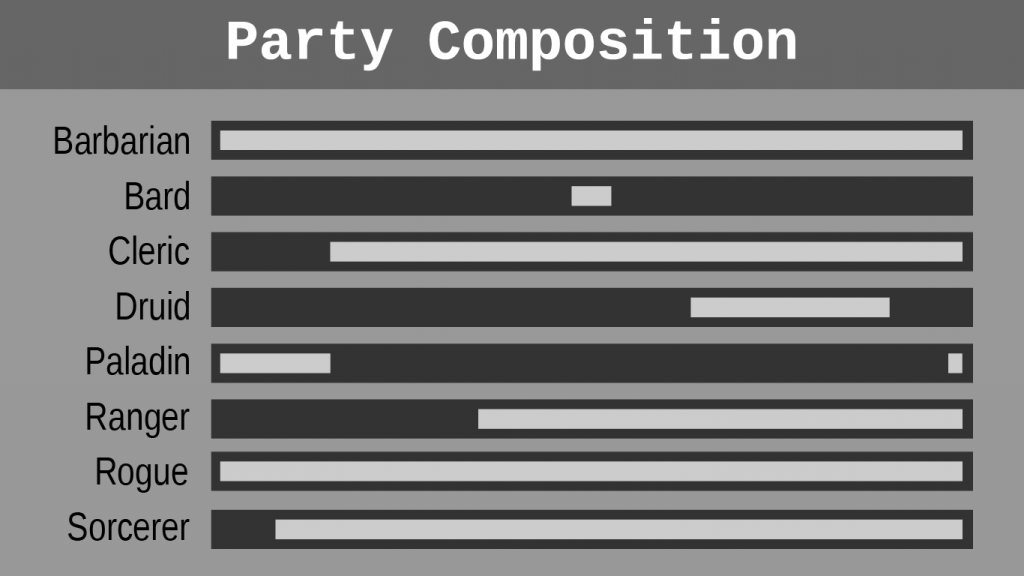
Barbarian, blinded by love
Love is the state in which people are most prone to see things the way they are not. The force of illusion reaches a high point here, and so do the forces that sweeten and transfigure. People in love will tolerate more than they usually do, they will put up with anything.
Nietzshe, The Anti-Christ
The Barbarian was Charotic Good. They started as friends with the Rogue and Paladin. In their view of the adventure their friends could do nothing wrong. Through out the campaign they made excuses or avoided finding out about the darker natures of their allies. They kept their eyes focused on the goal through the campaign. Their friendship blinding friendship was a point of charm. They found hidden uplift in darker moments and worked hard to protect their friends, even from them selves. They managed to stay closest to their initial moral orientation through the adventure.
Bard, boundless optimism
https://plato.stanford.edu/entries/hope/
They dropped in and roc’d out. The player joined for one session. They created the Bard, joined for dinner with Strahd. Sang a song (in and out of character) and helped the table open up a bit more and rp more freely. The gregarious nature of the player created many opportunities to share about the world. From Sergei’s sword hilt to Strahd’s plans for Irena. Their brief time at the table changed the tone of play moving forward. It helped the other players find more ways to interact with the world with less fear.
Cleric, moral myopia
The Cleric joined in the village of Barovia. They came into Barovia with the Vistanti. Shortly after leaving the Village of Barovia the party got tricked by the Vstanti and the turned sour on them for the rest of the campaign. Their arc bent Neutral Good to Neutral Evil. They continued to build up resentment to different factions. It culminated with them assisting with disassembling a flesh golem in Krezk. While alignment isn’t a strongly enforced mechanic in 5e, I used the opportunity to grant consequences to their alignment. They had been advocating for genocide, pushing selfish action and seeking the dark power of the world. After a year of that flavor of decisions it seemed there should be some consequence. This restricted their use of a holy artifact, and lost them one turn in a key fight. This did not go over well with the player. Their view that the character was incorruptible and would always be good led to a lot of tension after the alignment change. Discussing the alignment change with them ahead would of made the bleed of the decision less. The tension that came from the decision led to an out of game discussion. In Part dissatisfaction and tension around the decision led to the break up of the group at the campaign end.
https://ethicsunwrapped.utexas.edu/glossary/moral-myopia
Paladin, an hero
Started the adventure, and died at level 2. They were noble and true. Had a chance to survive but turned to help save a friend. Brought them back in the epilogue after discovering the mechanics for character deaths under level 5 tucked in the book. They became the guardian of the Village of Barovia while the party romped around the lands.
https://en.wiktionary.org/wiki/saviorism
Ranger, straight man
The Ranger interact with the world as if it was real. They acted as a grounding force for the wild ideas brought up by other members of the party. They joined part way through the campaign and played it very straight. Maintaining a strong bearing on their moral compass through all the encounters. In all I don’t have a character flaw to ascribe to them. Their presence helped balance out the whimsical madness of the other party members.
Rogue, free rider
If the group is tasked to be heroes, what if not everyone is there for heroics? The Rogue was able to do cool things when no one was looking. Mostly due to the way die roles played out. During the Wizard of the Wines arc the Rogue wandered off and nearly died. Because the player is my partner I made some adjustments to the encounter difficultly that let them live. That favoritism caused tension.
In the Amber temple the Rogue got a bit touchy with artifacts. This led to an alignment change from Chaotic Neutral to Chaotic Evil. In the same vein I softened the punishment for the bad decisions rather than take away the character. It was the wrong decisions. Converting the PC to NPC and asking the player to roll a new character would of been wise.
https://plato.stanford.edu/entries/free-rider/
Sorcerer, walking trolley problem
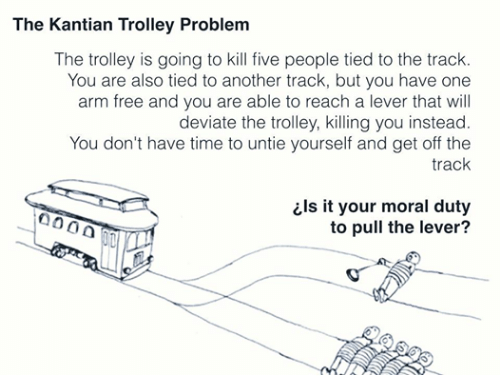
The Sorcerer wanted to play an evil character. We coordinated on their backstory to integrate their evil into the world. They had been of Lawful Neutral alignment and died out in the forgotten realms. The each of Baal revived them for a price. They agreed to commit one murder in Baal’s name each day, or gain a level of exhaustion and eventually die. My hope with this agreement was that the party would have some light conflict as the Sorcerer left a trail of bodies in their wake. Instead there were a lot of conversations which went, “you feeling alright buddy? do you need me to help you find someone to kill” because the other party members were mostly Neutral alignments. This also created some side adventures where the Sorcerer would take last watch, explore off for a couple hours and commit a murder. Barovia is also a land filled with Vampires, so it is hardly unusual for one more body to turn up. Eventually it became an open secret, with only the Barbarian in the dark.
Mechanically, the first humanoid murdered each caused False Life to activate on the Sorcerer. Each day without a humanoid kill resulted in one level of exhaustion, only removed at after a murder. This also incentivized them to try and get the kill near the start of combat.
Druid, beginner’s mind
The Druid joined and continually had bright eyes on everything the world held. We coordinated an exit when the player got busy. The exit was the strongest emotional beat we hit in the game. Leveraging the curse mechanics of the Amber Temple their character got sealed in to a sarcophagus. The player added a much needed levity to the game for the months they were able to attend.
